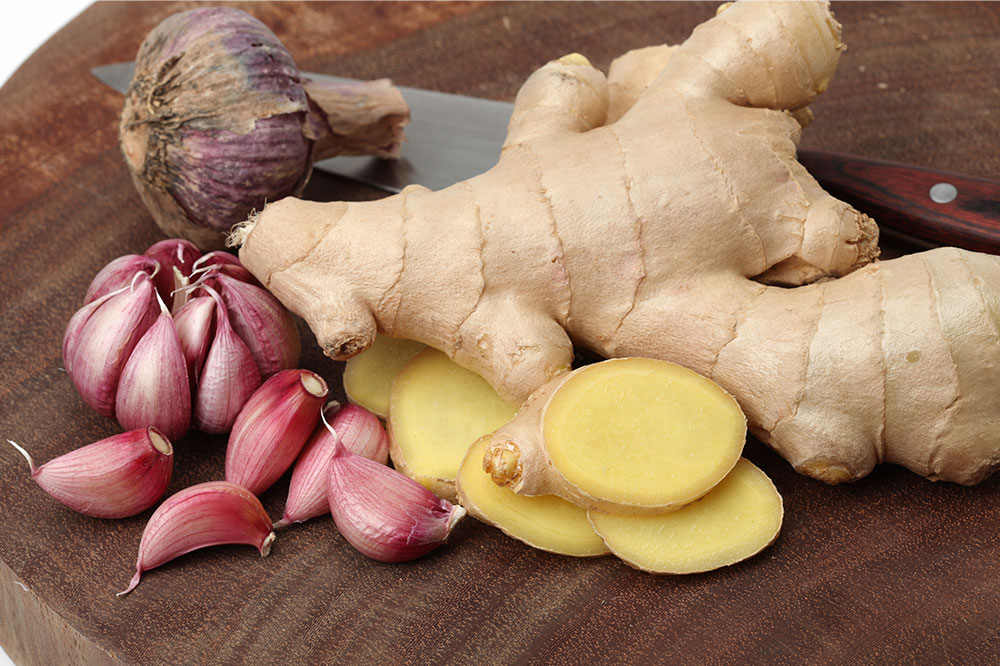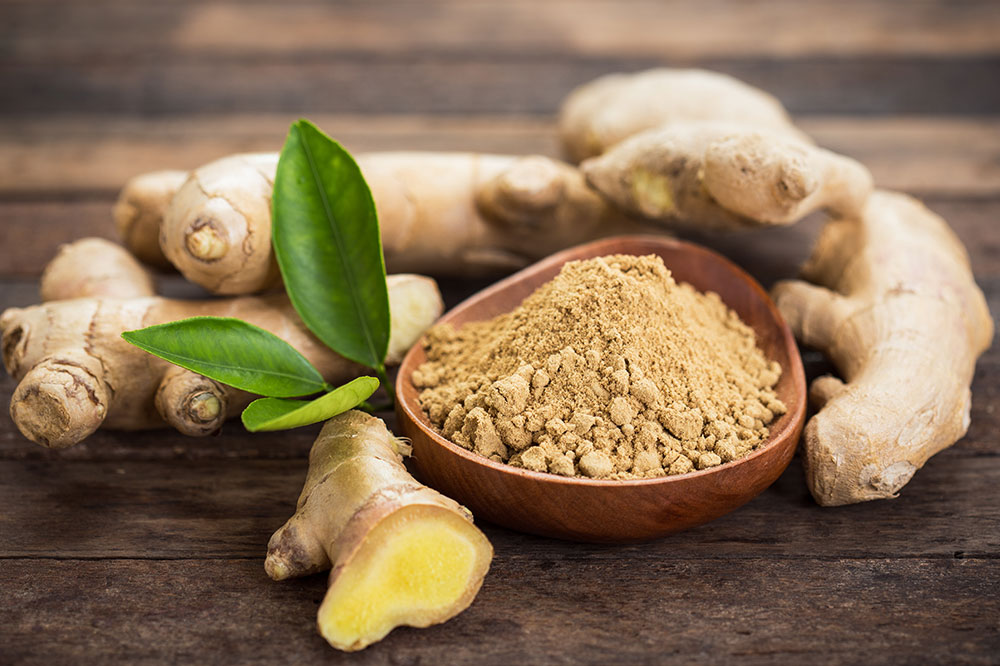Top 6 Nutritional Choices to Support Nasal Polyp Management
This article explores six natural foods that support the management of nasal polyps. By incorporating these nutrient-rich options, such as omega-3 fish, berries, and spicy peppers, individuals can help reduce inflammation and promote sinus health. Complementing medical treatments, these dietary choices may alleviate symptoms and improve breathing. Remember to seek professional healthcare guidance for personalized treatment plans and diagnosis.

Top 6 Nutritional Choices to Support Nasal Polyp Management
Nasal polyps are noncancerous growths that develop inside the sinuses, often causing breathing difficulties and persistent inflammation. These polyps may develop due to factors like allergies or chronic sinus issues. Maintaining a healthy diet can play a vital role in managing symptoms, as certain foods contain beneficial nutrients that may help reduce inflammation and support healing. Here are six recommended foods to include in your diet alongside medical treatments for nasal polyps.
Warm beverages
Consuming warm drinks helps thin and loosen mucus buildup in the nasal passages. Since excess mucus can worsen nasal congestion and promote polyp development, staying well-hydrated with warm fluids can assist in clearing nasal obstructions.
Omega-3 Rich Fish
In veighing inflammation is a common factor in nasal polyp formation. Consuming fatty fish like salmon, tuna, and mackerel, which are high in omega-3 fatty acids, can help mitigate inflammation and alleviate symptoms.
Honey
With natural antimicrobial properties, honey can combat microbial activity linked to nasal polyps. Its anti-inflammatory effects also help soothe symptoms, making it a natural aid in managing nasal polyps.
Berries
Rich in vitamins and antioxidants, berries such as blueberries, strawberries, raspberries, and cranberries support the health of sinus lining membranes. They help neutralize free radicals, reducing the risk of polyp formation and easing symptoms.
Kale
As a source of potent antioxidants, kale helps fight free radicals that can cause cellular damage. Including kale in your diet can bolster the immune response and contribute to nasal health.
Cayenne Peppers
Containing capsaicin, cayenne peppers help reduce inflammation and promote airflow by opening the nasal passages. They are effective for relieving sinus congestion associated with nasal polyps. Other spicy foods containing capsaicin, such as jalapenos and habaneros, may offer similar benefits.
Note:
The information provided in this article relates to symptoms, treatments, and health conditions and is for educational purposes only. It should not replace professional medical advice. Always consult licensed healthcare providers for diagnosis and treatment options suited to your individual health needs.










